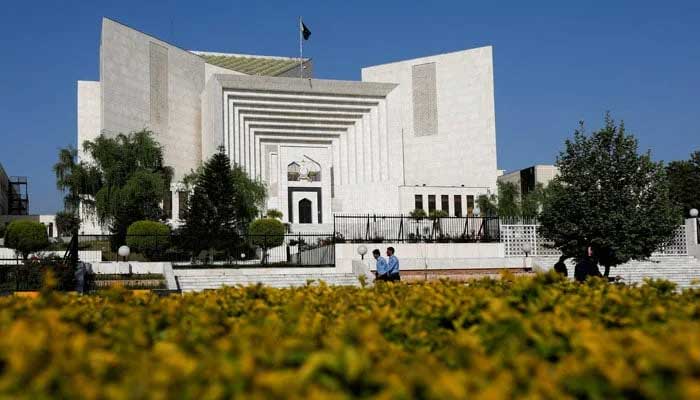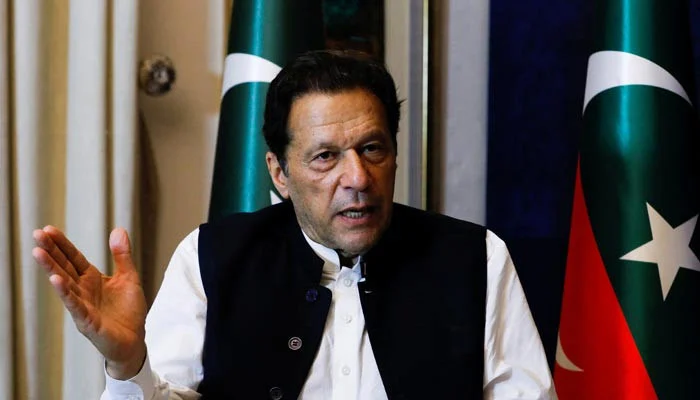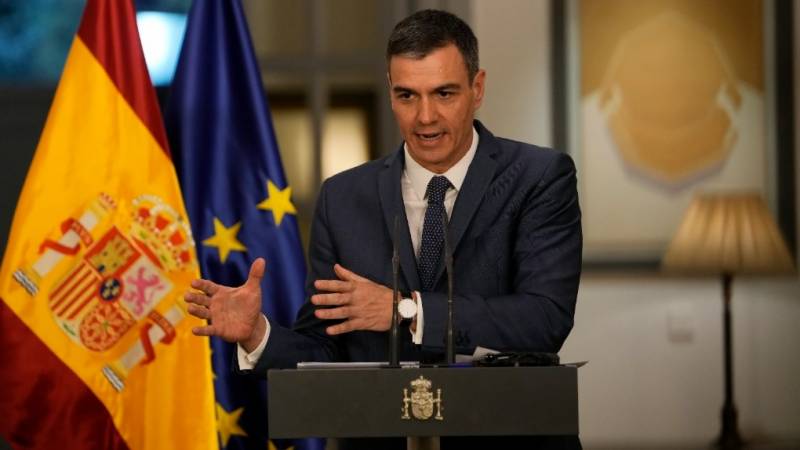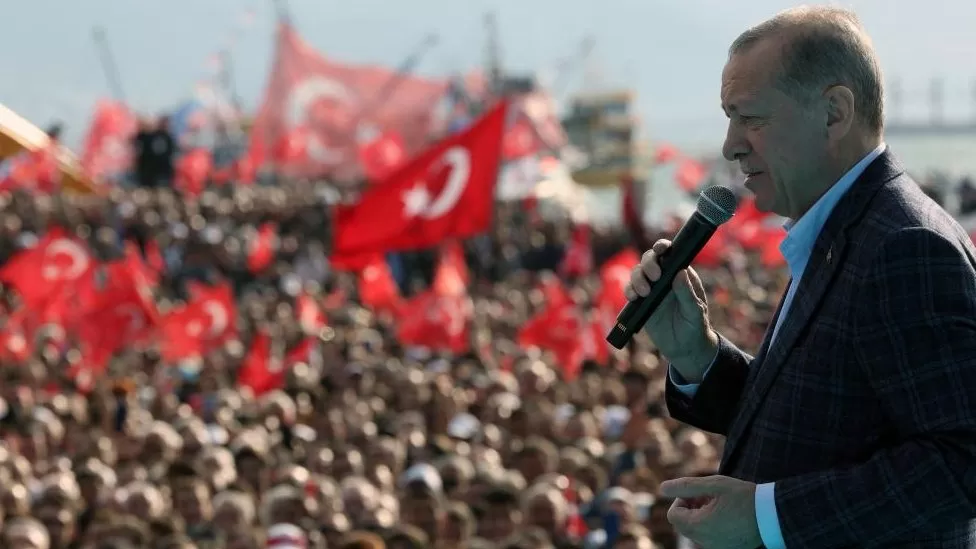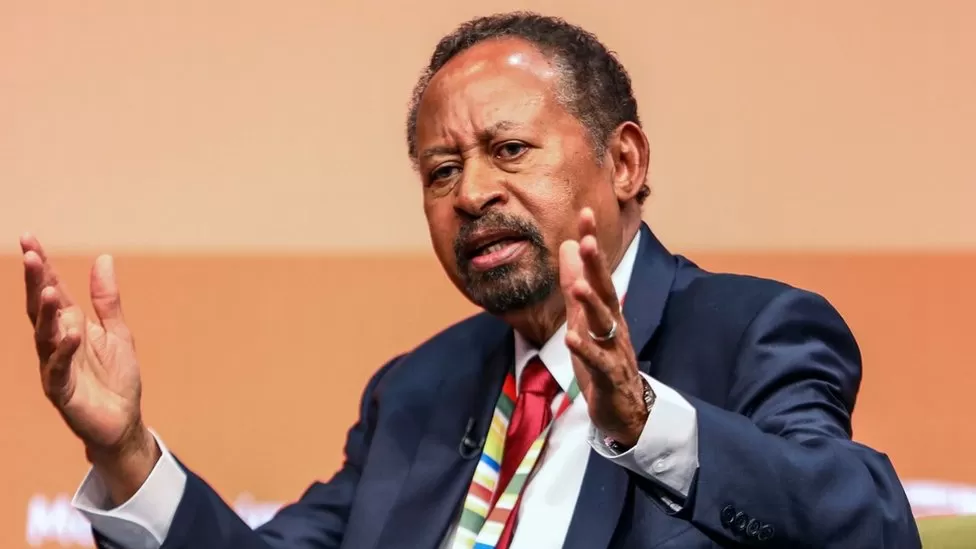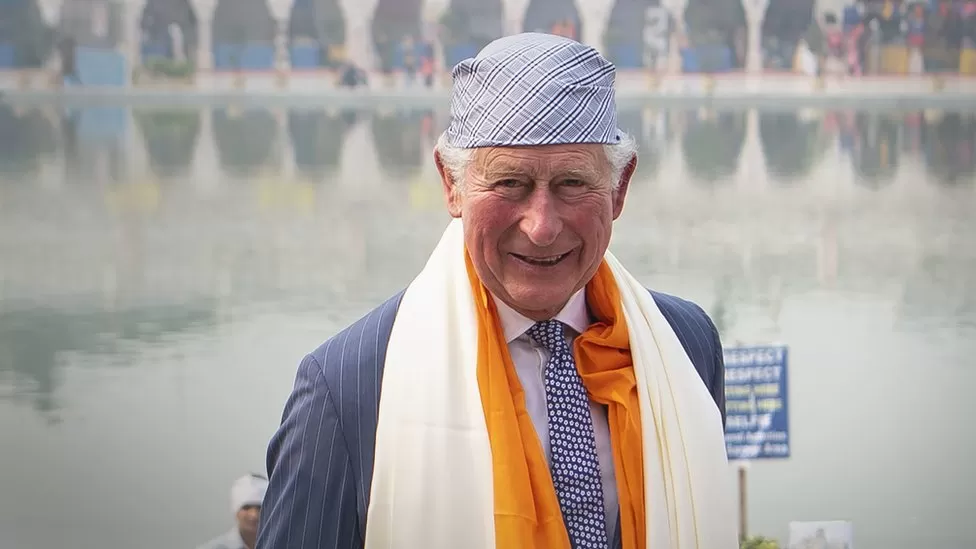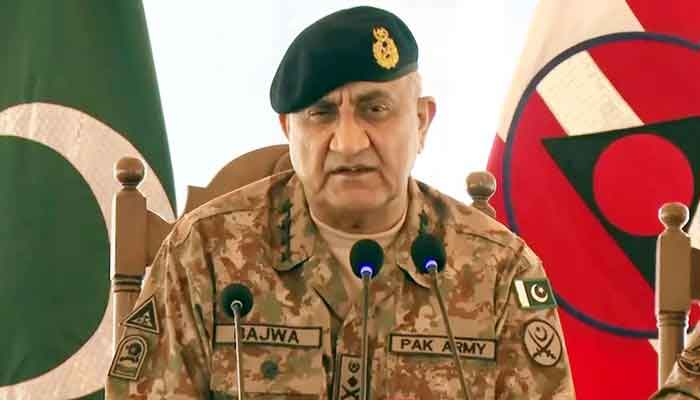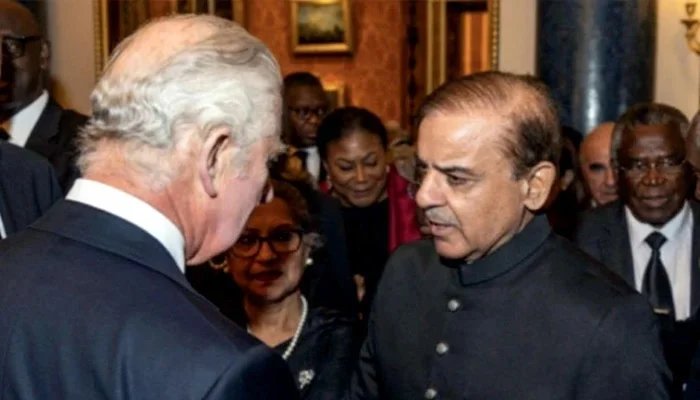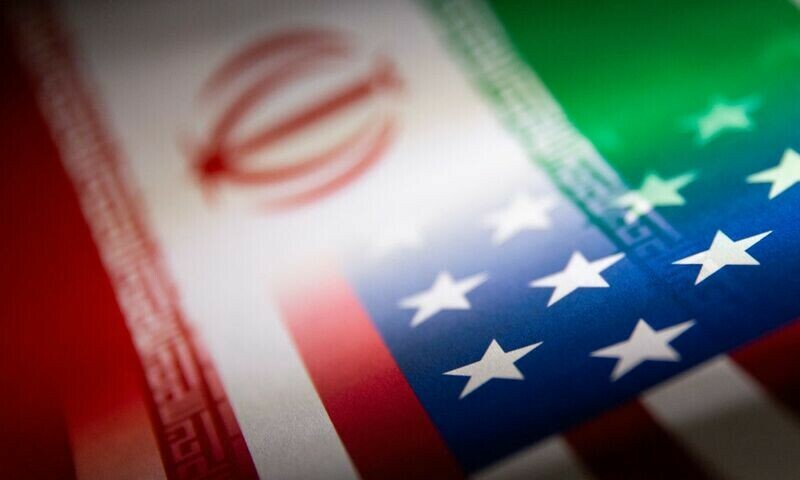ISLAMABAD: Taliban’s interim foreign minister Amir Khan Muttaqi held a detailed meeting with then-army chief General (retd) Qamar Javed Bajwa before asking India to send back its diplomats to Kabul, says a new book by a former Pakistani police officer.
“The Return of the Taliban” offers other insights into the close ties between the Taliban and Pakistani military, as well as Islamabad’s persisting worries about an Indian role in Afghanistan.
Hasan Abbas, who wrote the book, is currently a senior adviser at Asia Society and a distinguished professor at the Near East South Asia Strategic Studies Centre at the US National Defence University.
After shutting down its consulates in Herat, Kandahar, Jalalabad and Mazar-e-Sharif, India pulled out all its officials and security personnel from Kabul after the fall of the Ashraf Ghani government in August 2021, largely on account of security concerns.
In June last year, India deployed a technical team led by a middle-ranking diplomat in Kabul to re-establish its presence in Afghanistan.
Abbas writes in the book that Muttaqi “had a detailed meeting” with Pakistan’s then army chief, Gen Qamar Javed Bajwa, “before he could request that India send back its diplomats and technical staff to the Indian embassy in Afghanistan”.
Given the Pakistani side’s belief that India used its access to Kabul during the Ashraf Ghani government’s reign to “restrict Pakistan’s influence in Afghanistan”, it was “nothing short of a big surprise that Pakistan signed off on the Taliban’s diplomatic relationship with India”, the book states.
“Regardless, it couldn’t have happened without Pakistan – and Pakistan acted this way because it just might open up prospects of some aid for the Taliban in Afghanistan,” Abbas writes.
The book cites an unnamed Pakistani general as saying that the Pakistani military is “fully in the picture as to how India attempted to access Anas Haqqani, the younger brother of Siraj Haqqani, via the Iranian IRGC (International Revolutionary Guard Corps)”.
Anas Haqqani is currently one of the top leaders of the Taliban setup in Kabul.
In recent months, Indian officials have met several leaders of the Haqqani Network, one of the main factions of the Afghan Taliban, during their visits to Kabul.
However, the book states that Pakistan’s intelligence services continue to harbour suspicions about Sher Mohammad Abbas Stanikzai, a former member of the Taliban’s Doha political office and currently the deputy foreign minister, solely because he graduated from the Indian Military Academy (IMA) in the 1980s.
“This last qualification, though, was enough to make him a suspect in the eyes of Pakistan’s intelligence services as they never trusted him fully even though he worked closely with them at times,” Abbas writes.
Stanikzai was a key contact in the Indian side’s secret talks with the Afghan Taliban before the group assumed power in Kabul in 2021. In recent months, however, he has been sidelined.
At the same time, the book details how the Afghan Taliban sought to play down their continuing close links with Pakistan’s military. While the Taliban have turned to Pakistan to obtain counter-terrorism capability to fight Daesh, including drones and other hi-tech equipment, the group is “increasingly conscious of their reputation as closely aligned with Pakistan’s army and intelligence services — and they know that the relationship is not particularly popular in Afghanistan”.
“Consequently, when the Taliban requested Pakistani military and intelligence leaders to publicly keep their distance from them, it still came as a surprise. Islamabad was initially unclear if it was Taliban diplomacy or hypocrisy. Relations even started deteriorating once Kabul expressed its inability to pursue Pakistani Taliban roaming around in Afghanistan the way Pakistan wanted,” Abbas writes.
Abbas, who served as an officer in the administrations of former premier Benazir Bhutto (1995-1996) and former military ruler Pervez Musharraf (1999-2000), writes that the reason the Afghan Taliban are “hesitant to take strong action against the TTP [Tehreek-e-Taliban Pakistan] is due to their considered opinion that TTP cadres currently hiding in Afghanistan could easily drift toward joining Daesh ranks in the event that the Afghan Taliban are seen to be ditching them”.



